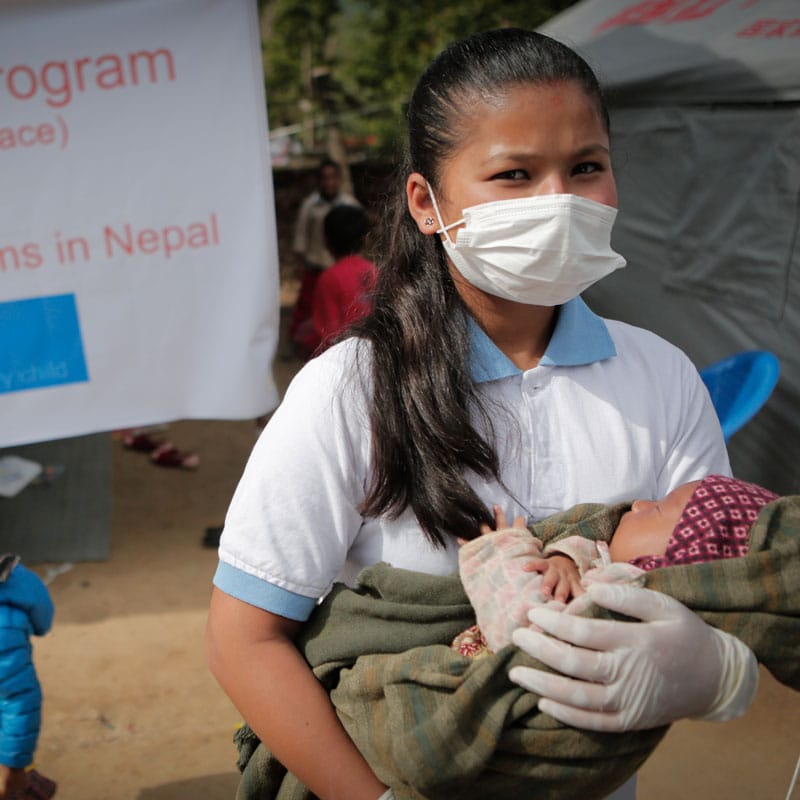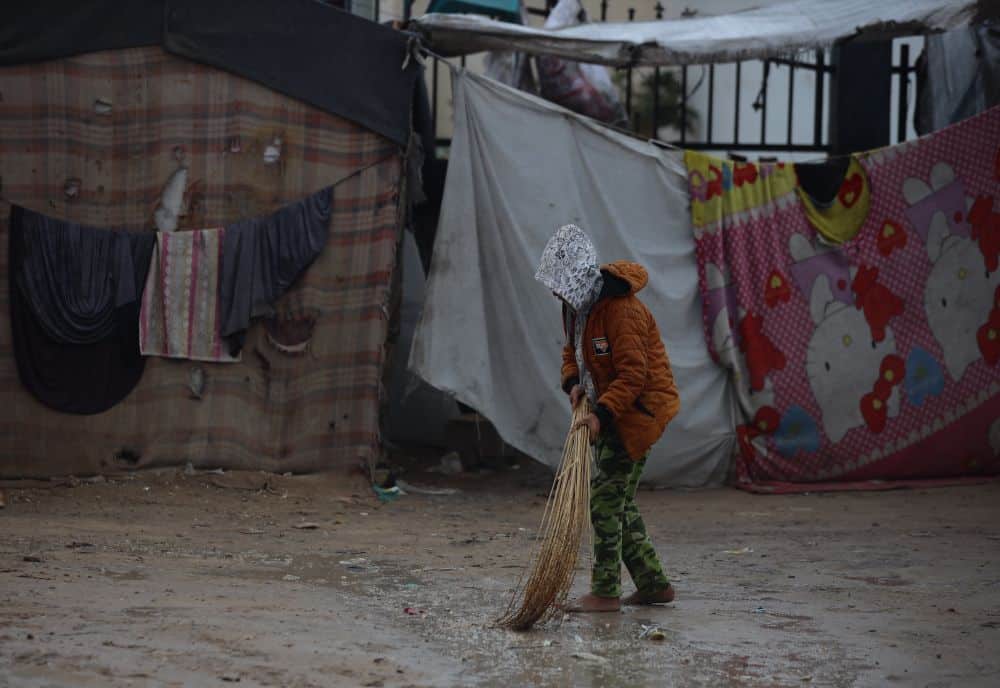
Asia og Oseania
Naturkatastrofer, krig, matsikkerhet, migrasjon og helsetilbud er noen av de største utfordringene barn i Asia vokser opp med i dag. Dette fører til fattigdom, fysisk- og psykisk uhelse, hjemløshet, tap av skolegang og omsorgssvikt.
SOS-barnebyer er til stede i 27 land i Asia, og sørger for at flere barn vokser opp i trygge omgivelser, i sine lokalsamfunn og aller helst i sin egen familie. Vi kjemper for barnas rett til omsorg, skolegang og til å bestemme over sin egen kropp.
I 2023 nådde vi 367 300:
- 141 100 barn, unge og familier gjennom vårt forebyggende arbeid.
- 23 100 barn bor i SOS-familier og fosterfamilier eller er en del av ungdomsprogrammet vårt.
- 147 800 har fått støtte gjennom nødhjelpsarbeidet.
Hvordan vi jobber i Asia:
Vi støtter familier som er i en kritisk vanskelig livssituasjon, der det er fare for at barna ellers blir alene. Tiltakene tilpasser vi den enkelte familien, behovene de har og konteksten de lever i. Og vi er der for dem over tid, til de kan greie seg selv og barna får den trygge oppveksten de trenger og har krav på.
Et eksempel er Nepal, som på grunn av klimaendringer oftere rammes av kraftige jordskjelv. Der har vi har bred erfaring og kompetanse fra arbeidet vårt i forbindelse med jordskjelvkatastrofer, og kan raskt sette inn nødvendige humanitære tiltak for å hjelpe barn og familier som er berørt for å sikre at foreldrene fortsatt kan ta vare på barna sine. Vi har også et tett samarbeid med andre organisasjoner for å bidra til at enda flere får hjelp.
I Palestina tar vi vare på barn som er alene som følge av krigen, og sørger for at de gjenforenes med familien, slektninger eller vokser opp i en trygg fosterfamilie. I alle landene jobber vi for å få stanset kontinentets utfordringer knyttet til barnearbeid og menneskehandel.
Vi har etablert:
- 164 SOS-barnebyer
- 209 ungdomsprogrammer
- 121 familiestyrkende programmer
- 142 barnehager, skoler og yrkesopplæringssentre
- 36 sosialsentre
- 7 medisinske sentre /sykehus
- 14 nødhjelpsprogrammer


